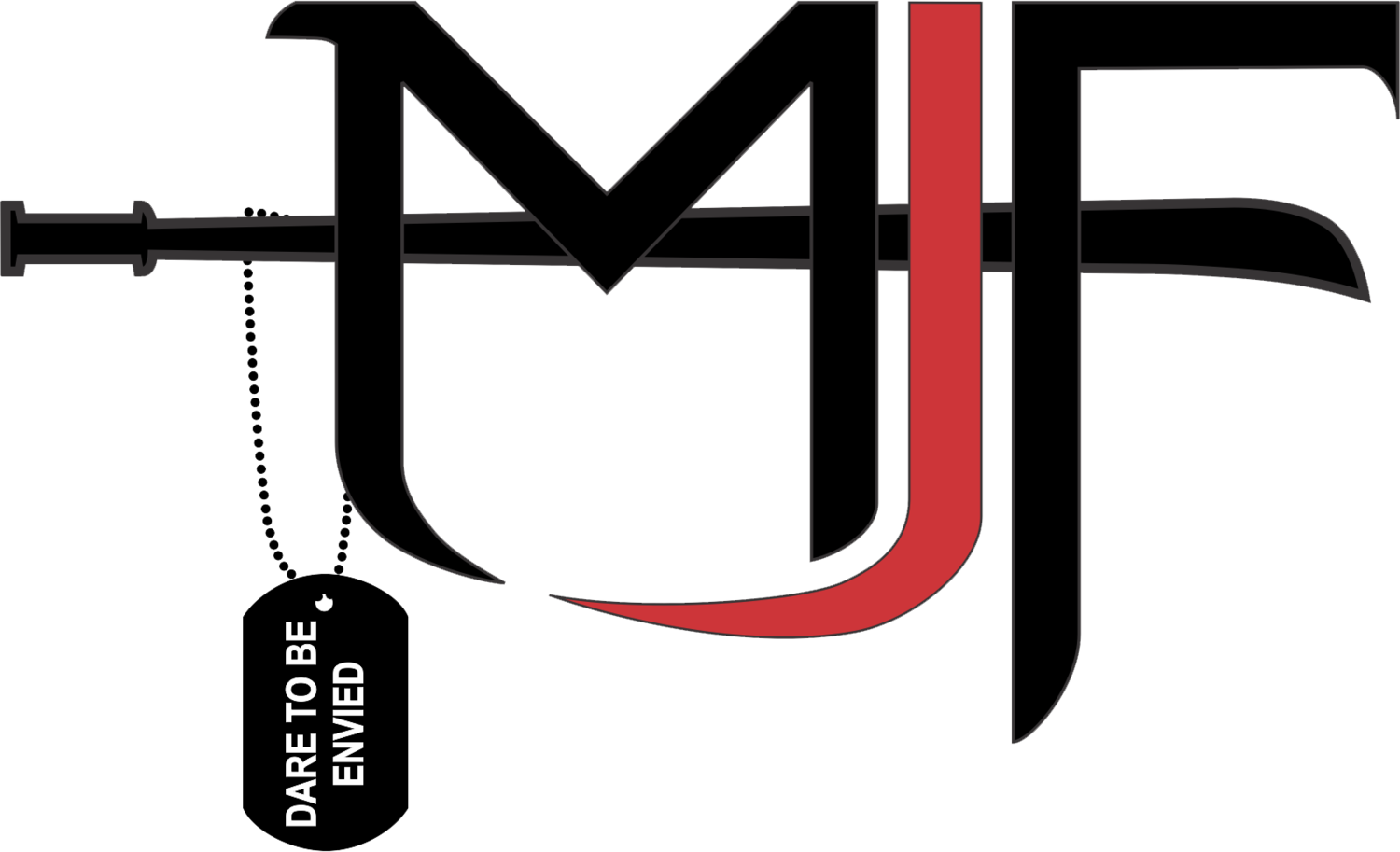Understanding Bloating: A Biological and Fitness Perspective
Bloating is a common issue experienced by many individuals, often accompanied by discomfort and a feeling of fullness. From a personal trainer's perspective, bloating can affect both physical performance and overall well-being. Addressing this concern requires a holistic approach that combines nutrition strategies and physical activity to optimize digestive health and maintain peak fitness levels.
Causes of Bloating
Gas Accumulation
Fermentation: When undigested carbohydrates reach the large intestine, gut bacteria break them down, producing gas (carbon dioxide, methane, and hydrogen). This is one of the most common causes of bloating.
Swallowed Air: Eating quickly or drinking carbonated beverages can lead to swallowing air, contributing to gas buildup in the digestive tract.
Digestive Contents
Slow Transit: When food moves slowly through the intestines, it can lead to the accumulation of stool and gas, resulting in bloating.
Constipation: A frequent issue for individuals with sedentary lifestyles or unbalanced diets, constipation increases intestinal pressure and can lead to discomfort.
Water Retention
Electrolyte Imbalance: Excess sodium or a lack of potassium can lead to water retention, which may cause bloating. While water retention is often associated with overall body swelling, it can occasionally localize in the gut.
Dietary Factors: High-sodium diets are a common issue, particularly for people new to fitness who are transitioning to healthier eating habits.
Food Intolerances
Lactose Intolerance: Consuming dairy products without the necessary enzymes to digest them can cause bloating and discomfort.
Gluten Sensitivity: Individuals with gluten intolerance or celiac disease may experience bloating after consuming gluten-containing foods.
The Link Between Fitness and Digestive Health
As a personal trainer in NYC, it’s essential to educate clients about the critical connection between physical activity, nutrition, and digestive health. Bloating can hinder workout performance, affect energy levels, and even discourage individuals from sticking to their fitness routine. Addressing bloating through diet and movement can help clients feel lighter, more energized, and confident in achieving their goals.
Addressing Bloating: A Fitness-Centered Approach
1. Dietary Adjustments for Optimal Digestion
A balanced diet plays a crucial role in reducing bloating. Personal trainers and nutrition experts often recommend:
Limiting foods that cause gas, such as beans, broccoli, and carbonated beverages.
Incorporating easily digestible proteins and complex carbohydrates to fuel workouts without triggering discomfort.
Avoiding high-sodium processed foods to reduce water retention.
2. Hydration for Digestive Health
Staying hydrated supports healthy digestion and prevents constipation. Clients should aim for at least 8-10 glasses of water daily, with adjustments based on activity level and weather conditions in NYC.
3. Probiotics for Gut Health
Adding probiotic-rich foods such as yogurt, kefir, or supplements can help balance gut bacteria, reducing bloating and promoting smoother digestion.
4. Physical Activity to Combat Bloating
Regular exercise is one of the best tools for addressing digestive issues, including bloating. Movement promotes gut motility, preventing the slow transit of food. Activities like walking, yoga, and stretching are excellent for improving digestion. Personal trainers can incorporate these into warm-ups or cool-downs for clients.
Personalized Fitness Programs for Digestive Wellness
For individuals experiencing chronic bloating, a personal trainer in NYC can create a tailored fitness program that includes:
Core-strengthening exercises to improve abdominal support and reduce discomfort.
Functional movements to promote overall gut motility.
Low-impact activities such as Pilates or yoga to reduce stress and improve digestion.
By addressing both nutrition and fitness, clients can experience long-term relief from bloating while achieving their health and fitness goals.
The Importance of a Holistic Approach
Bloating is not just a digestive issue—it’s a challenge that affects physical and mental well-being. As a certified personal trainer and fitness professional in NYC, I strive to help clients understand that achieving their fitness goals requires more than just exercise. Nutrition, hydration, and a focus on gut health are essential components of a well-rounded fitness journey.
Whether you're looking to enhance your physical performance, reduce bloating, or achieve overall wellness, combining exercise with personalized nutrition is key. Contact me today to learn how a tailored fitness and nutrition plan can help you feel your best and perform at your peak!









